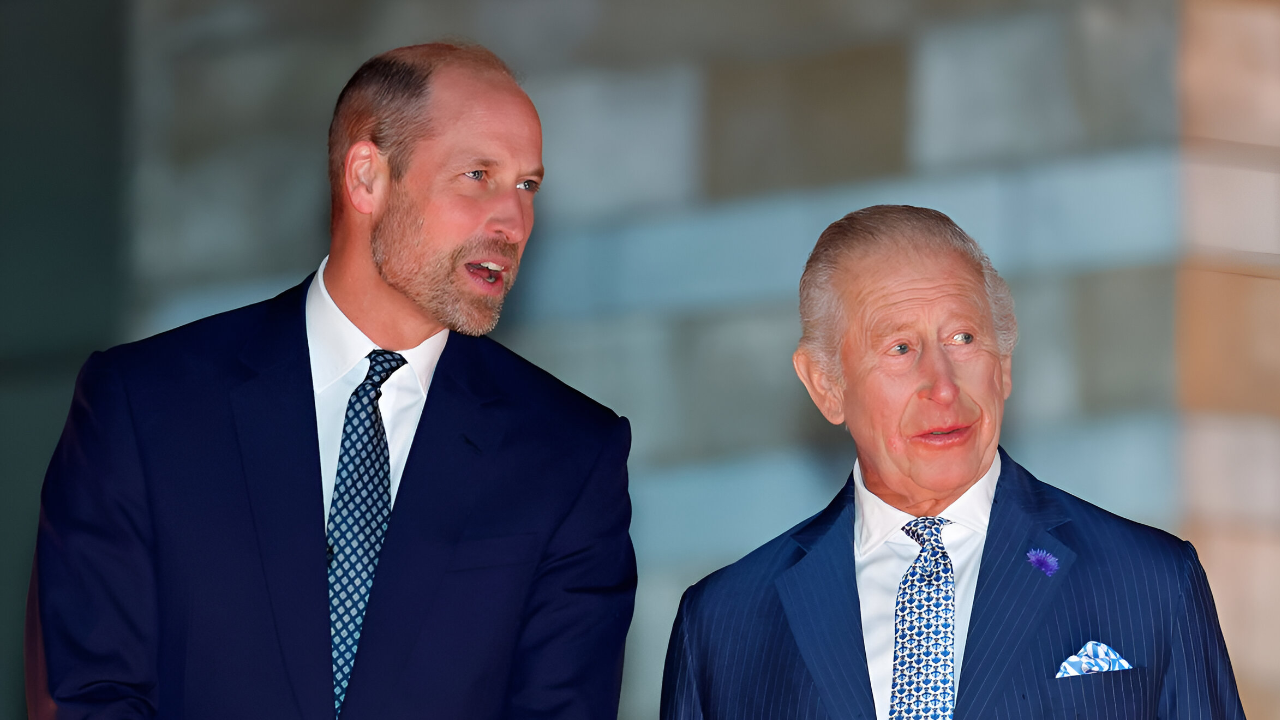
The British monarchy is facing a pivotal moment as Prince William steps into greater responsibility amid growing concerns over King Charles III’s declining health.
According to Reuters, King Charles continues cancer treatment while William’s presence grows at official events, fueling speculation about an imminent leadership transition. Constitutional experts argue this could reshape royal succession norms in the UK.
The King and The Heir
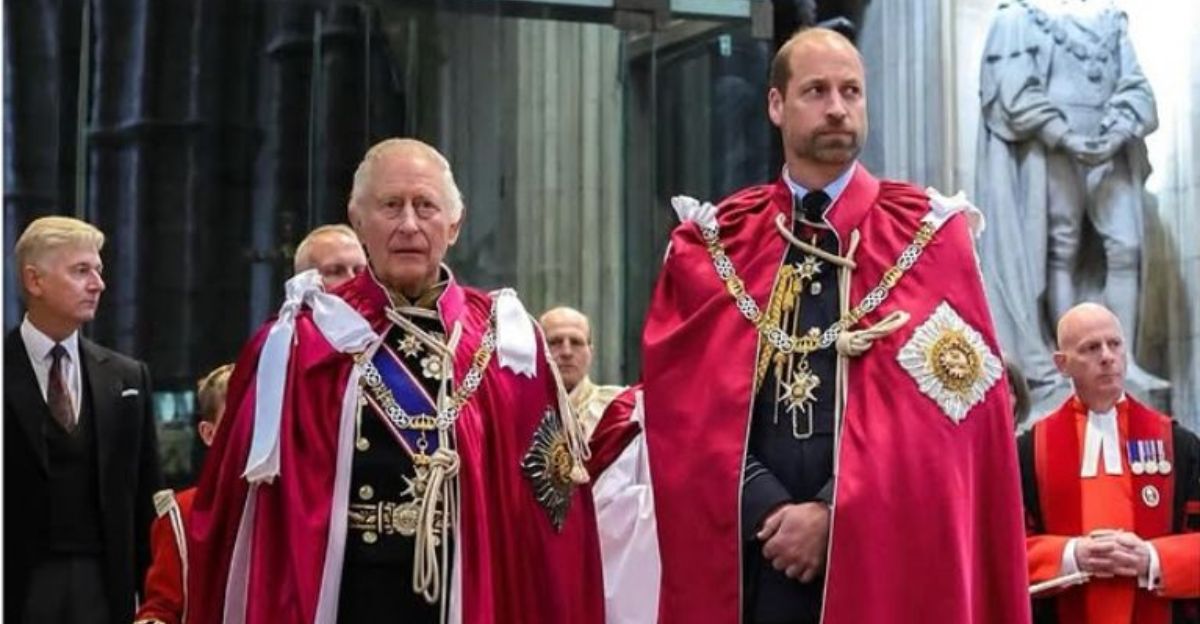
King Charles III, aged 76, has reduced his public schedule due to his ongoing cancer treatment, leaving Prince William to represent the monarchy more frequently.
This evolving dynamic has prompted widespread discussion in British media and renewed official guidance from constitutional experts on royal succession procedure. The gradual shift in responsibilities is being closely watched across England and the Commonwealth.
A Legacy of Succession
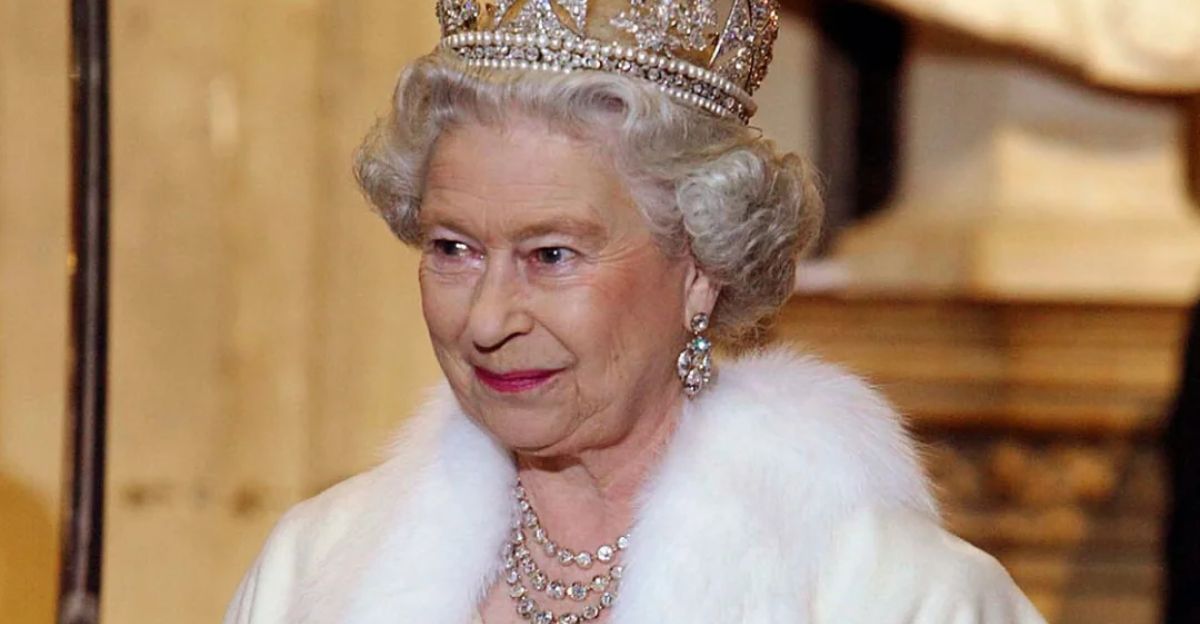
Queen Elizabeth II’s passing in 2022 marked the last major royal transition, with Charles assuming the throne and William named as heir apparent.
The monarchy’s line of succession is established by common law and parliamentary acts, ensuring William’s position as the next in line. The ongoing situation revives public memories of past transitions and their impact on royal stability.
Mounting Health Pressures
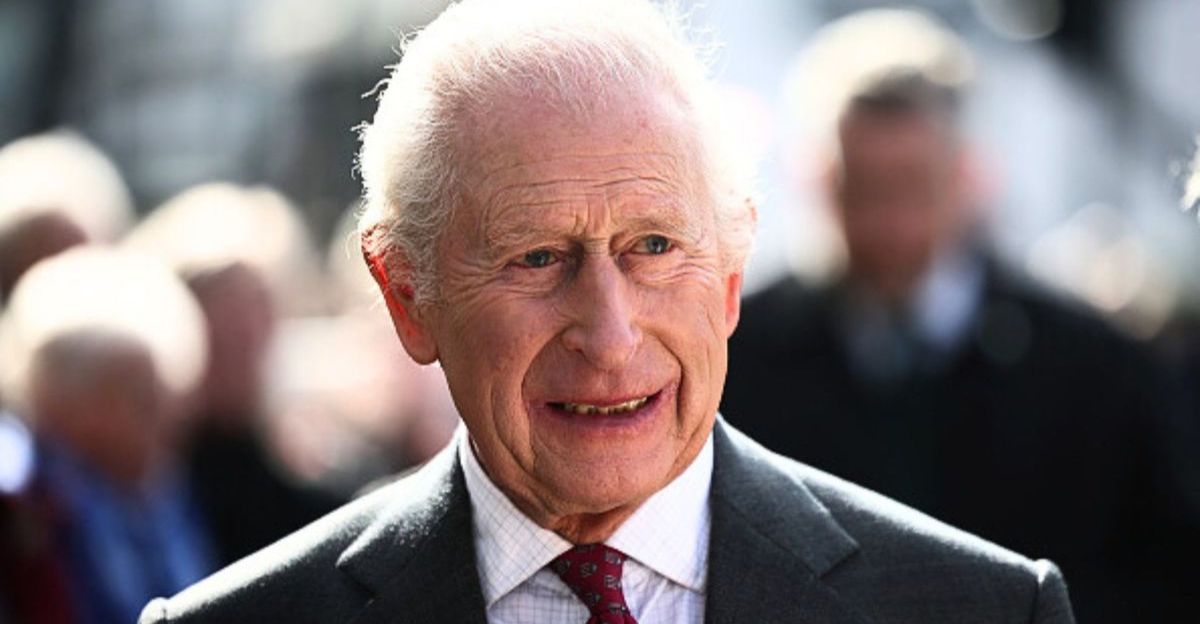
King Charles’ diagnosis of an undisclosed form of cancer in February 2024 caused a significant reduction in his public engagements.
Recent appearances have led observers to comment on the King’s visibly frail condition, heightening speculation about his ability to remain active.
Buckingham Palace has acknowledged Charles will continue treatment through 2025 and limit ceremonial duties.
William Steps Up
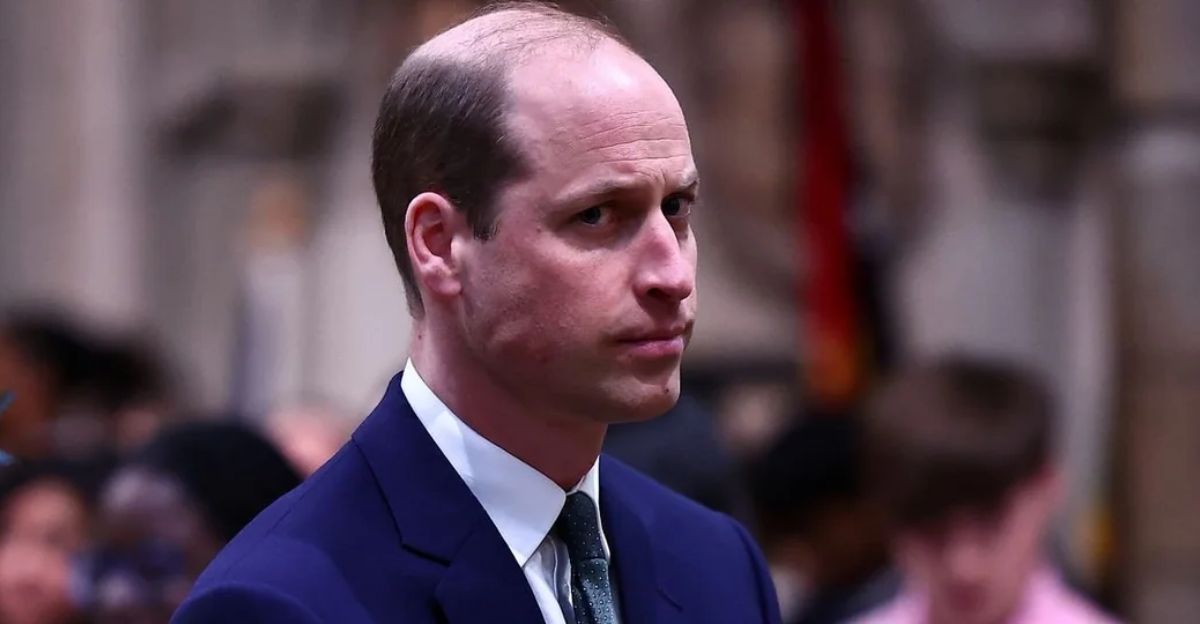
The main development comes as Prince William has started assuming many critical royal responsibilities earlier than anticipated.
In recent months, William led investiture ceremonies and attended diplomatic functions on behalf of the King, which are usually reserved for the monarch. These moves signal a clear transfer of operational authority.
Impacts Felt Across the UK
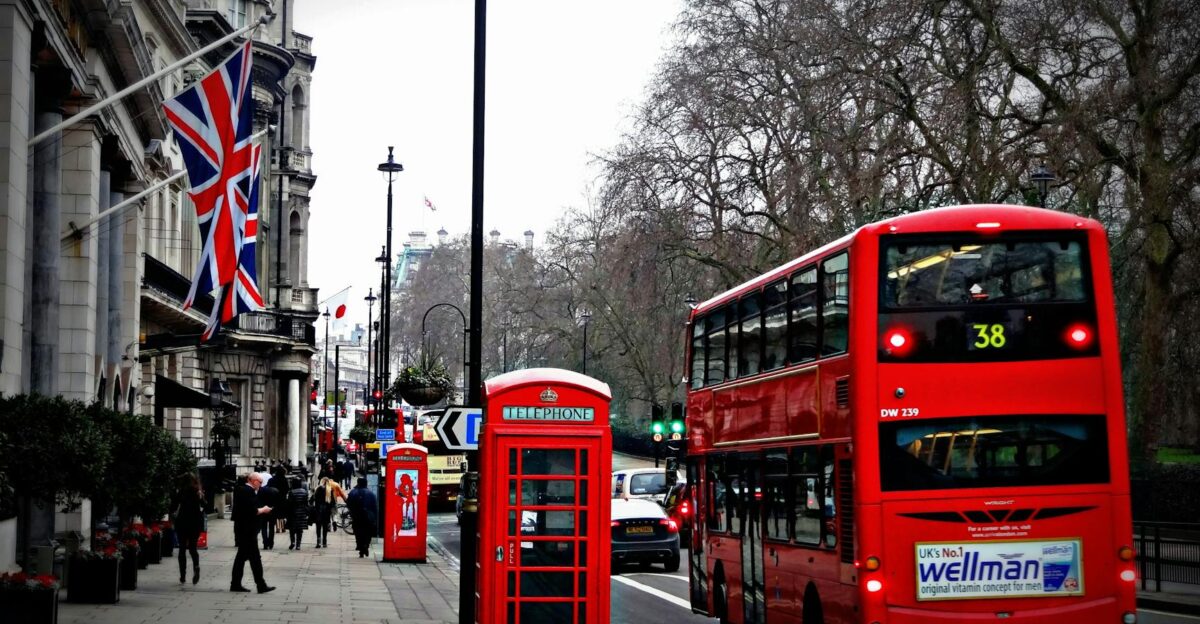
The shift in royal engagement is felt nationwide, affecting regions from London to Windsor and Edinburgh.
Local officials have expressed appreciation for the continuity Prince William provides as the King steps back.
Analysts argue that the stability of royal representation helps maintain public confidence during times of uncertainty.
Family Dynamics and Public Perception
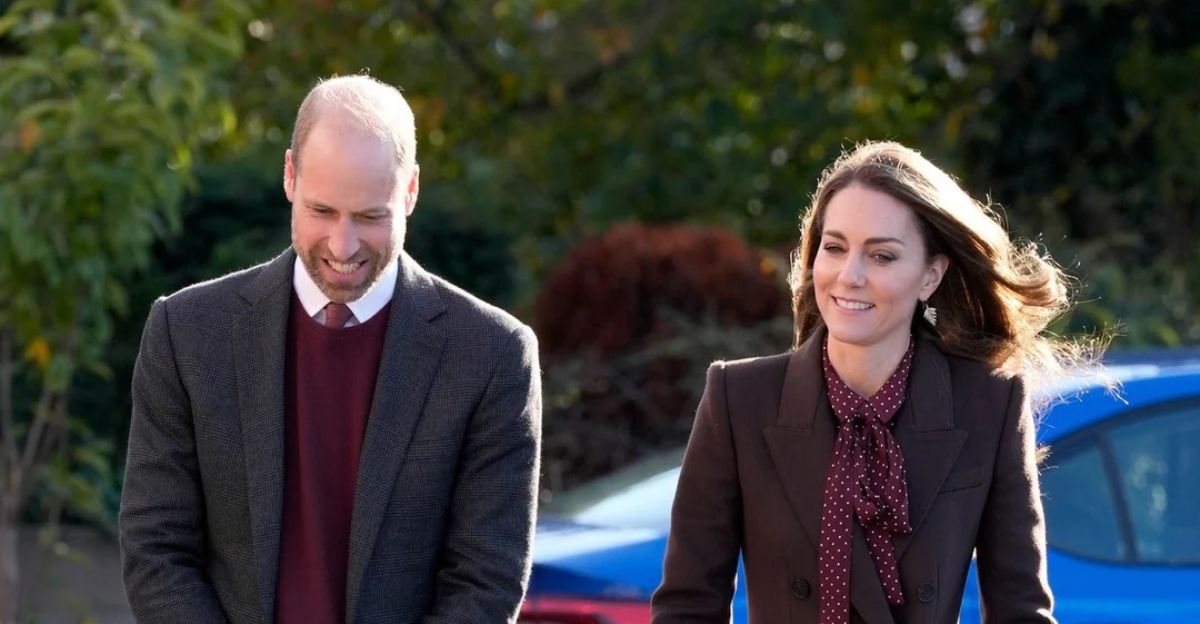
Prince William’s rise is underscored by visible family changes, including the Prince and Princess of Wales’ moves closer to Windsor.
According to CBC, William has articulated a vision for a modern monarchy that respects tradition but adapts to contemporary values, which resonates with younger Britons.
Commonwealth Repercussions

William’s increased responsibilities are keenly observed by Commonwealth nations such as Canada and Australia, which share the British monarch as their head of state.
These nations have prepared for ceremonial updates and discussions about succession, sensitive to changes originating from Buckingham Palace.
European Comparison

Similar transitions have occurred in other European monarchies, such as Spain and Sweden, where heirs assumed expanded duties amid the monarchs’ health challenges.
These cases provide valuable lessons on maintaining continuity and public trust during times of uncertainty. The British Royal Family draws comparisons as public concern grows.
New Public Duties
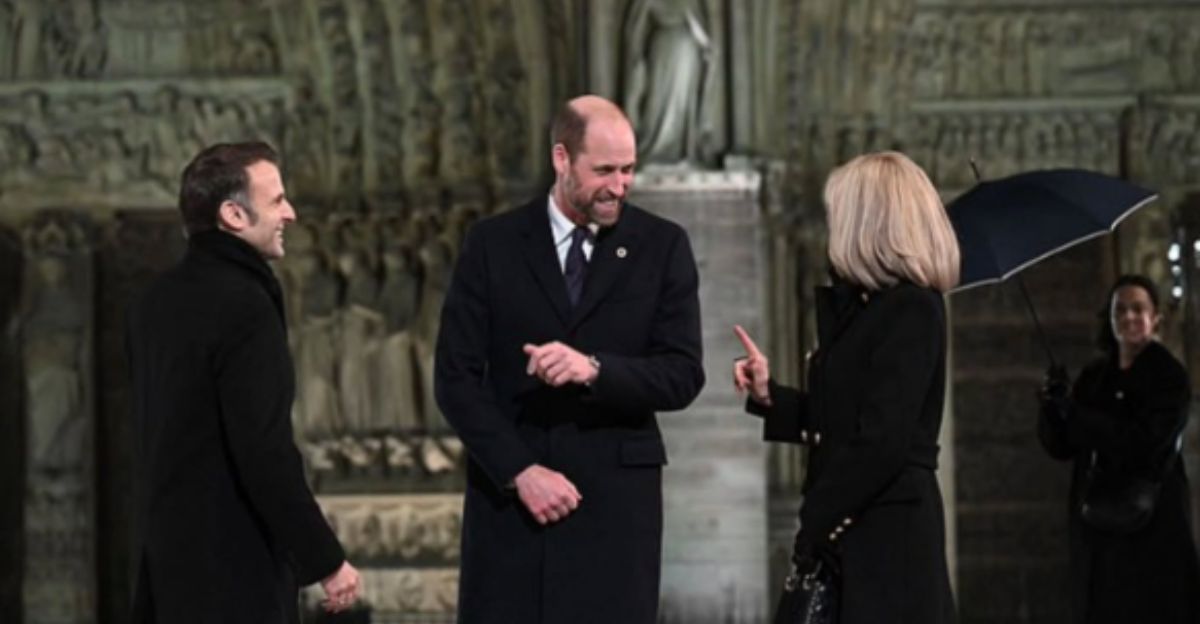
A turning point was reached when Prince William represented the UK at the reopening of Paris’ Notre-Dame, a role traditionally held by the reigning monarch.
This event was seen as testing William’s preparedness for eventual kingship, and the Prince was praised for his diplomatic presence.
Palace Staff Adjustments
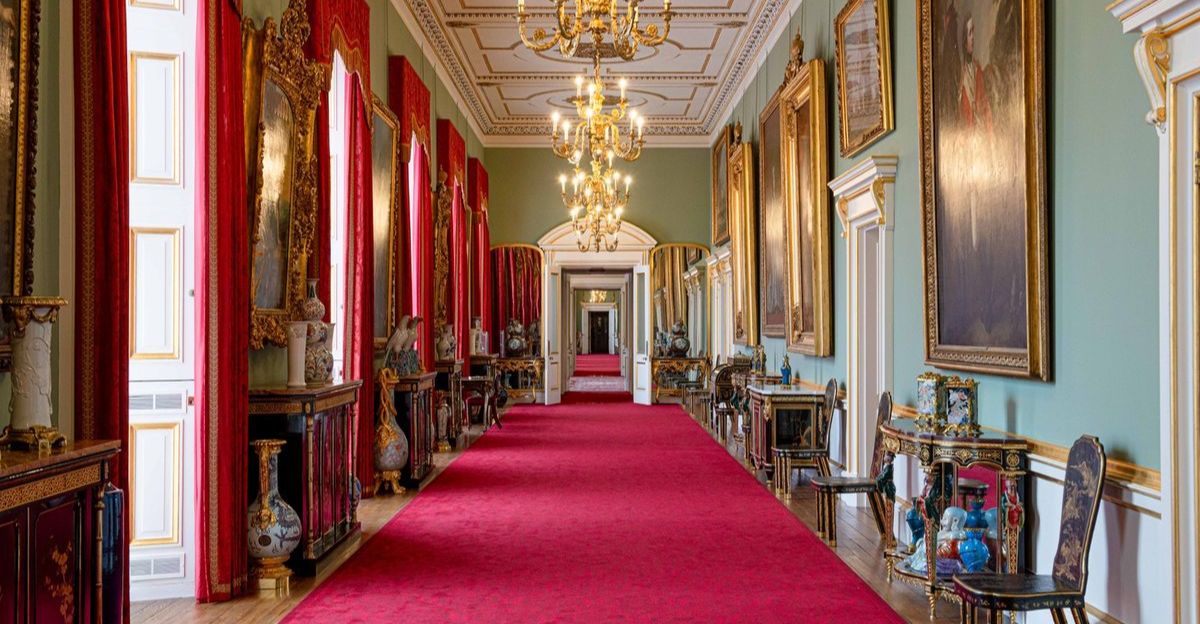
The expanding role of Prince William necessitates adjustments within the royal household. Staff members are reportedly reassigned to support William’s increased duties, reflecting behind-the-scenes changes in palace operations. Insider accounts suggest the pace of operational shifts is accelerating to meet public expectations.
Leadership Evolution
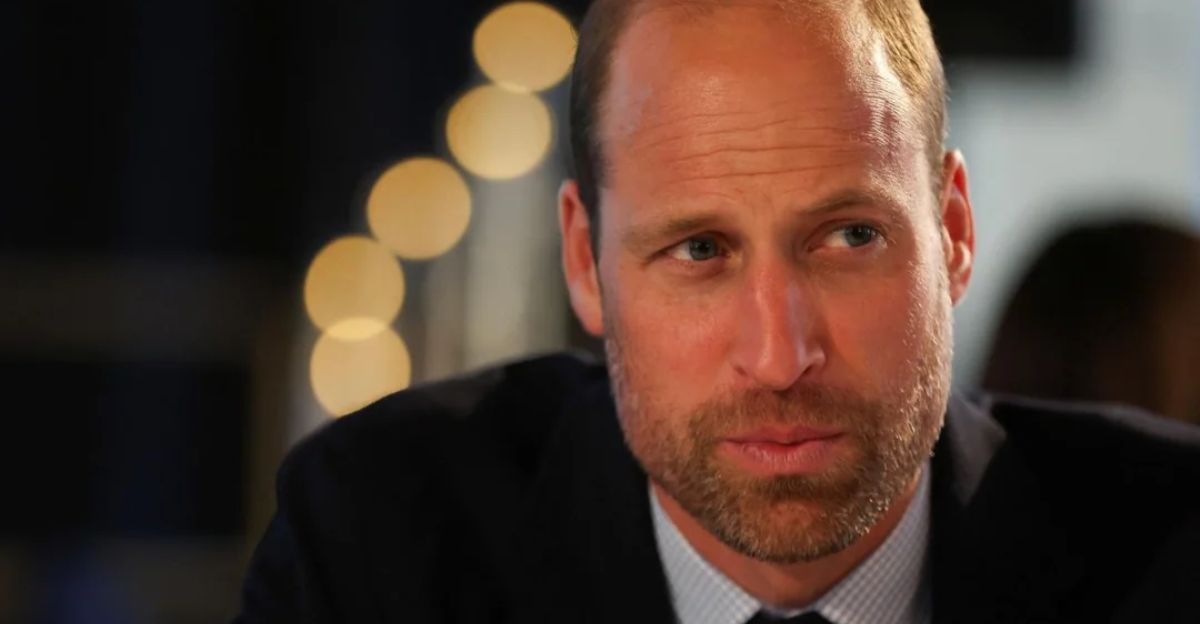
Prince William’s involvement in council meetings and major royal decisions highlights a practical transfer of leadership.
Though King Charles remains officially at the helm, William’s centrality in management underscores the evolving royal structure. Expert Robert Hardman notes that these patterns often signal readiness for succession.
King Charles’ Comeback Efforts
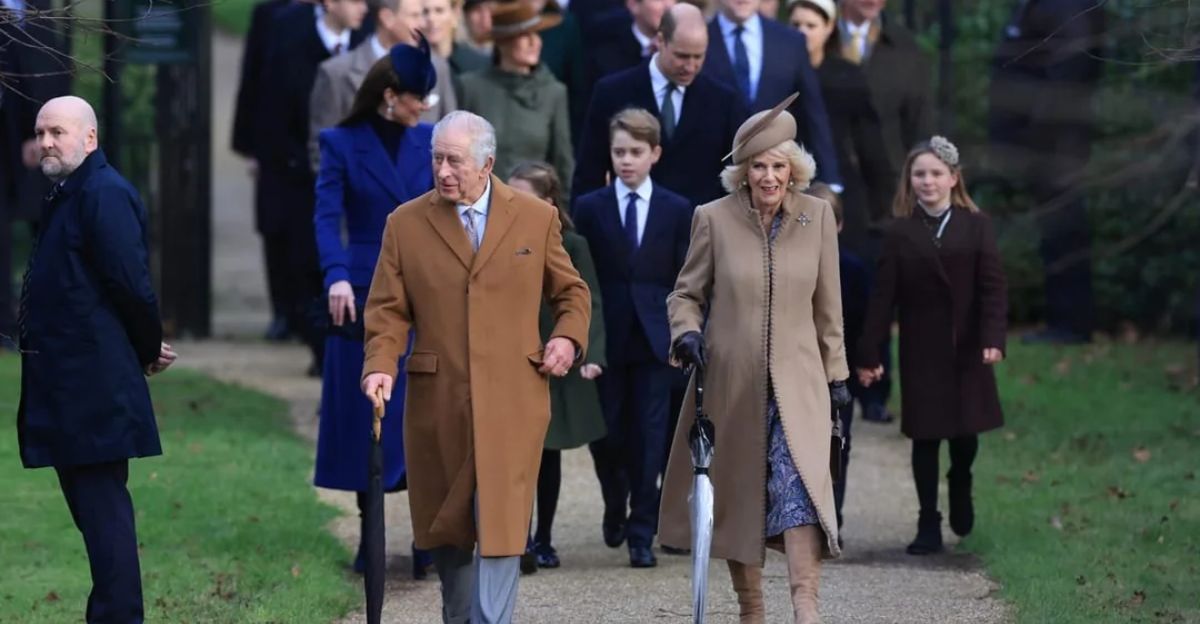
Despite his reduced schedule, King Charles III continues to fulfill state duties and make select public appearances.
These efforts are intended to reassure the public of his continued leadership, even as medical realities force a gradual handover to his son. Senior palace aides emphasize the King’s commitment to stabilizing the monarchy.
William’s Path
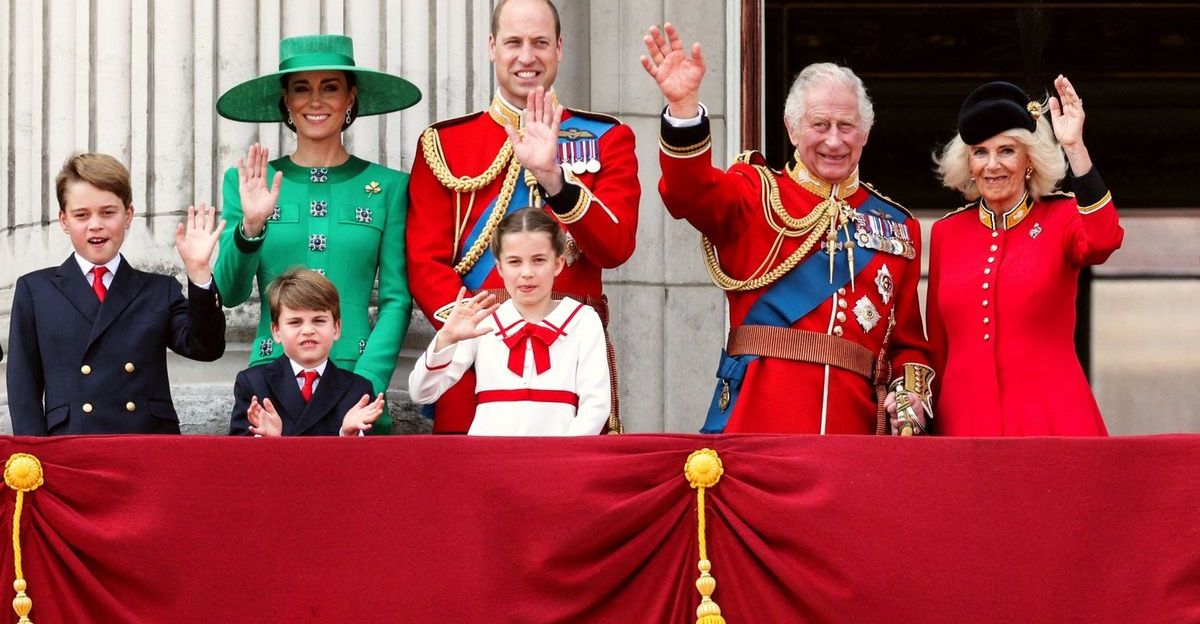
Royal experts note that Prince William is guided by clear constitutional frameworks and the public mood in his rise.
Historian Carolyn Harris explains that while Charles retains power, repeated delegation marks a “soft regency” unprecedented in recent British history. Debate continues about formalizing these changes.
When is the Shift?
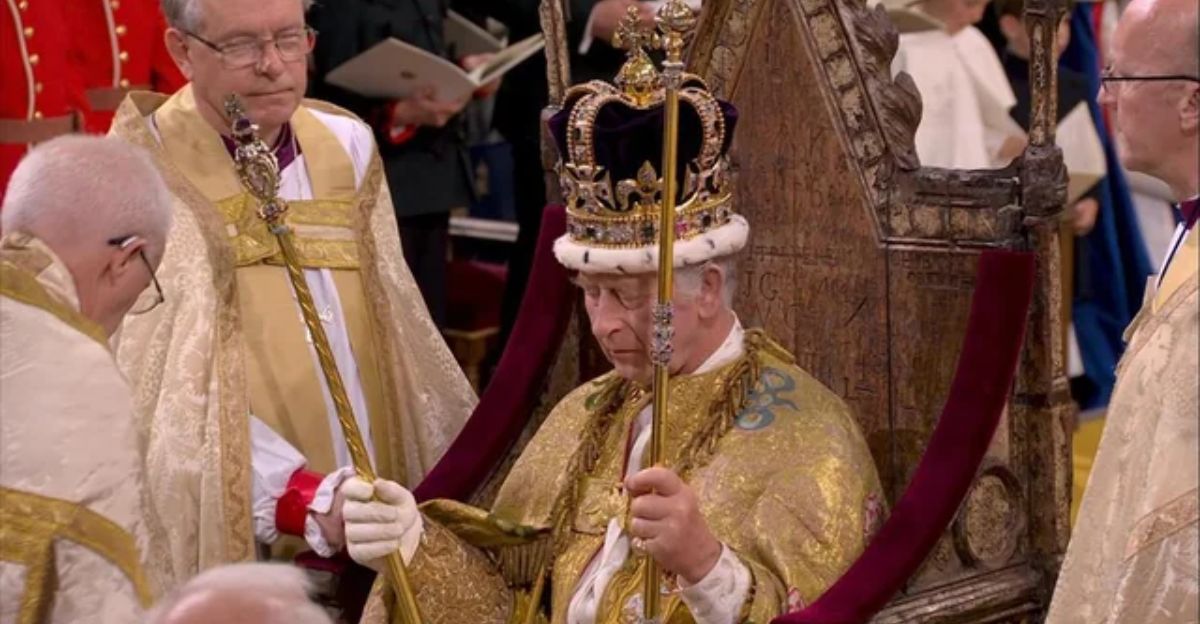
As medical advisers continue to monitor King Charles’ health, attention turns to when William might formally ascend the throne.
Palace officials indicate that the process remains flexible and contingent upon circumstances, without a fixed timetable. Any official succession will adhere to British constitutional law and established protocols.
Political Dimensions
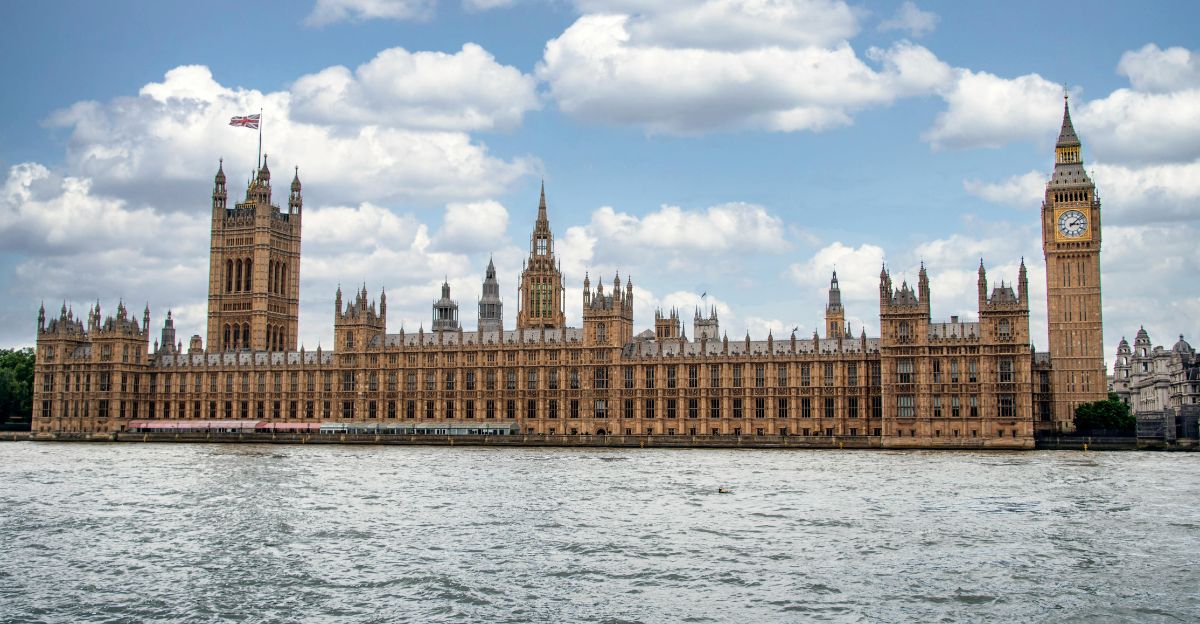
A faster transition could impact the relationship between the royal household and the British government. Parliamentary leaders are preparing for new consultative arrangements and reviewing protocols related to State Opening and national ceremonies. Political shifts could be significant if the handover occurs soon.
International Spotlight

Foreign governments, particularly those in France and the United States, have intensified diplomatic communication in anticipation of potential changes in the UK monarchy.
International media coverage reflects global interest in royal succession and its effects on diplomatic relations.
Soft Transitions
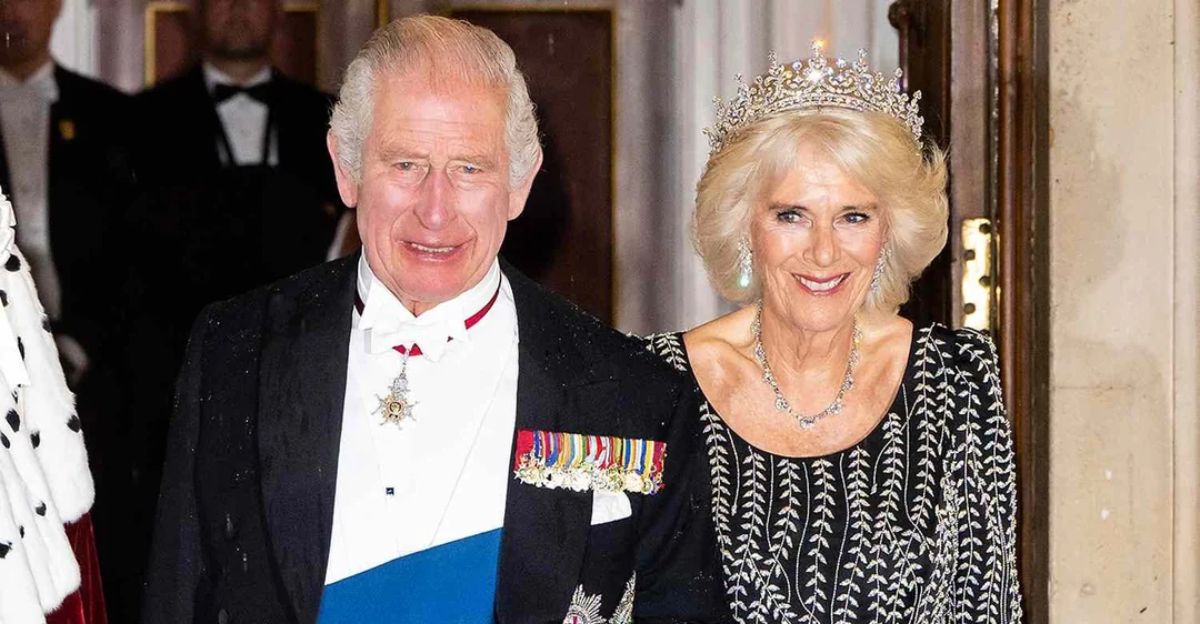
Experts highlight that King Charles does not need to abdicate for William to assume additional duties formally.
British constitutional law permits “soft transitions,” as was observed during Queen Elizabeth II’s late reign. Any official change would still require a ceremony and confirmation by the Accession Council.
A New Era for Royal Image
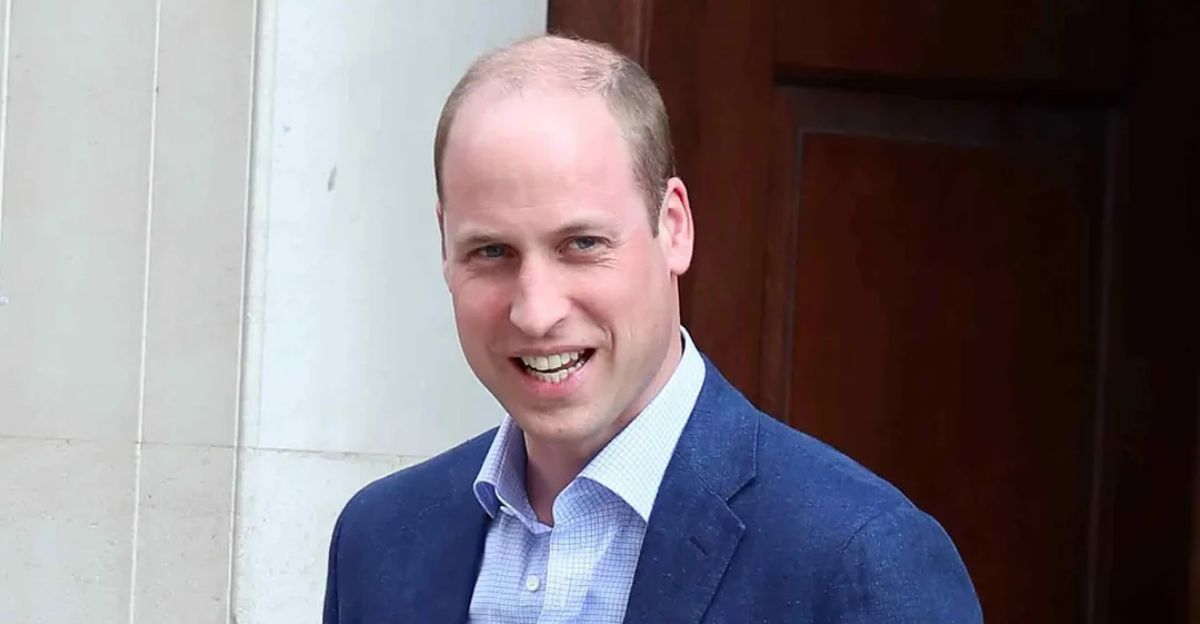
Recent polls confirm that Prince William is the most popular member of the British Royal Family, with favourability consistently exceeding 70% among the general public in 2025.
However, support for the monarchy as an institution is significantly lower among younger age groups, with the majority of 18–24-year-olds expressing a preference for reform or even the replacement of the monarchy, according to BBC and NatCen polling.
Public commentary highlights a generational divide, noting that William’s modern image is relatively more appealing, while broader enthusiasm for monarchy reform remains strongest among the youth.
The Monarchy Adapts
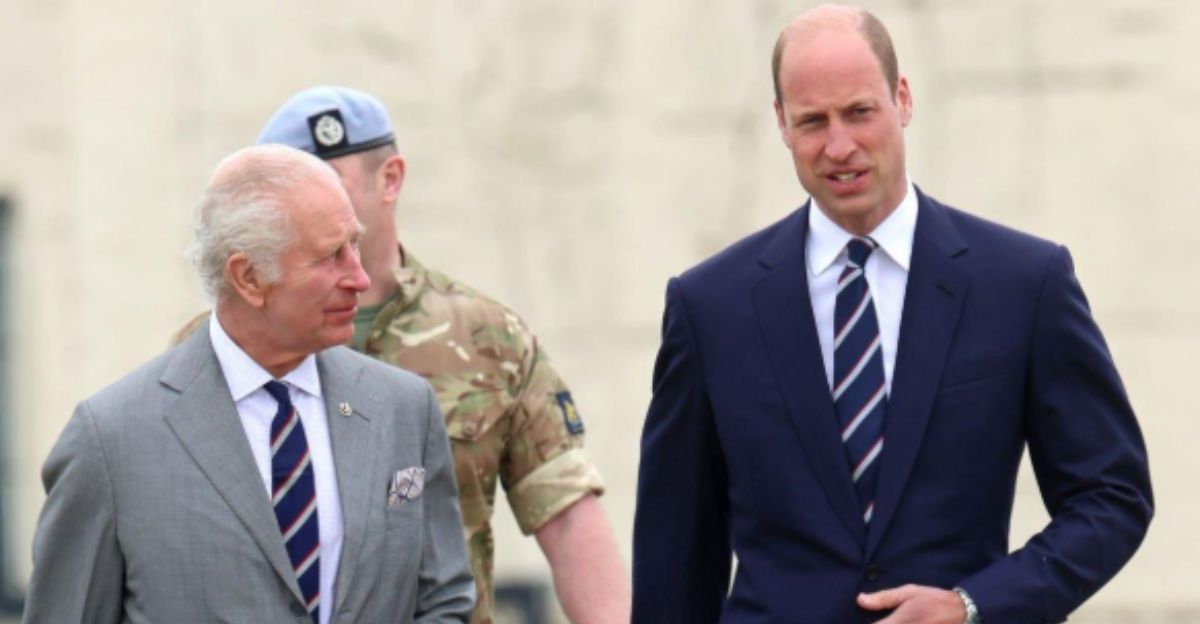
This pivotal period signals how the British monarchy adapts in response to health and generational change.
As Prince William assumes more responsibilities, tradition meets evolution in shaping royal leadership for future generations. The outcome will shape the monarchy’s relevance and stability in the years to come.